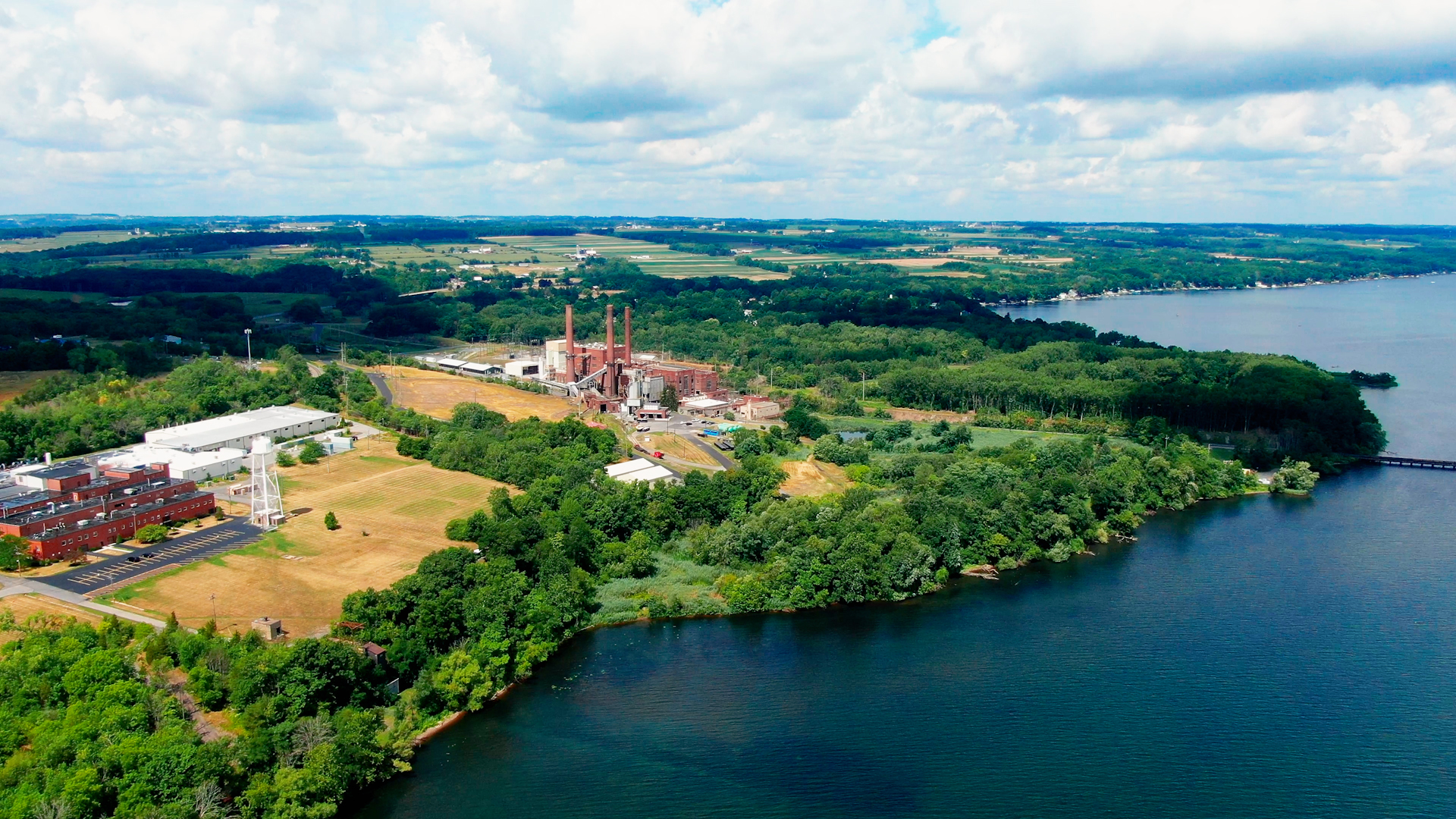
As the Great Lakes Now-Northwestern University journalism project “Poisonous Ponds: Tackling Toxic Coal Ash” continues to publish, Great Lakes Now producer Anna Sysling made a return to public radio to share more about the issue with Detroit audiences.
Sysling, who left WDET, Detroit’s NPR station last year to join Great Lakes Now full-time, spoke with Morning Edition Host Pat Batcheller about the project.
You can listen HERE.
Coal ash, the remnants of burning coal for energy, is stored in ponds and pits across the country including hundreds of sites in the Great Lakes region. The coal ash contains toxic chemicals such as arsenic, boron, cobalt and lithium, which can contaminate drinking water. Some sites are located close to the Great Lakes and watersheds.
“There has been proof that it is contaminating groundwater,” Sysling said.
Great Lakes Now has been publishing a series of articles researched and written by Northwestern University journalism students. Energy News Network is also publishing the series.
Cracking down on coal ash: Tough talk and tough choices
In the Finger Lakes, a bitcoin mining plant billed as ‘green’ has a dirty coal ash problem
Coal ash contaminating groundwater near Joliet to stay, despite residents’ and activists’ concerns
To excavate or not to excavate: With toxic coal ash, that is the question
Sysling also hosted a watch party on Great Lakes Now’s Facebook page that was carried by several partners.
Find all the work on the project HERE.
Catch more news at Great Lakes Now:
Under current climate trends, Michigan’s Up North forests could be doomed
Featured image: Greenidge Generation is a Bitcoin mining plan housed in a former coal fired plant. Some of the ash left over from the plant’s days burning coal now sits in an unlined pond just a short distance from Seneca Lake, and some locals are concerned about water pollution. (Photo Credit: GLN)




